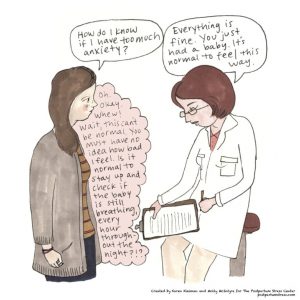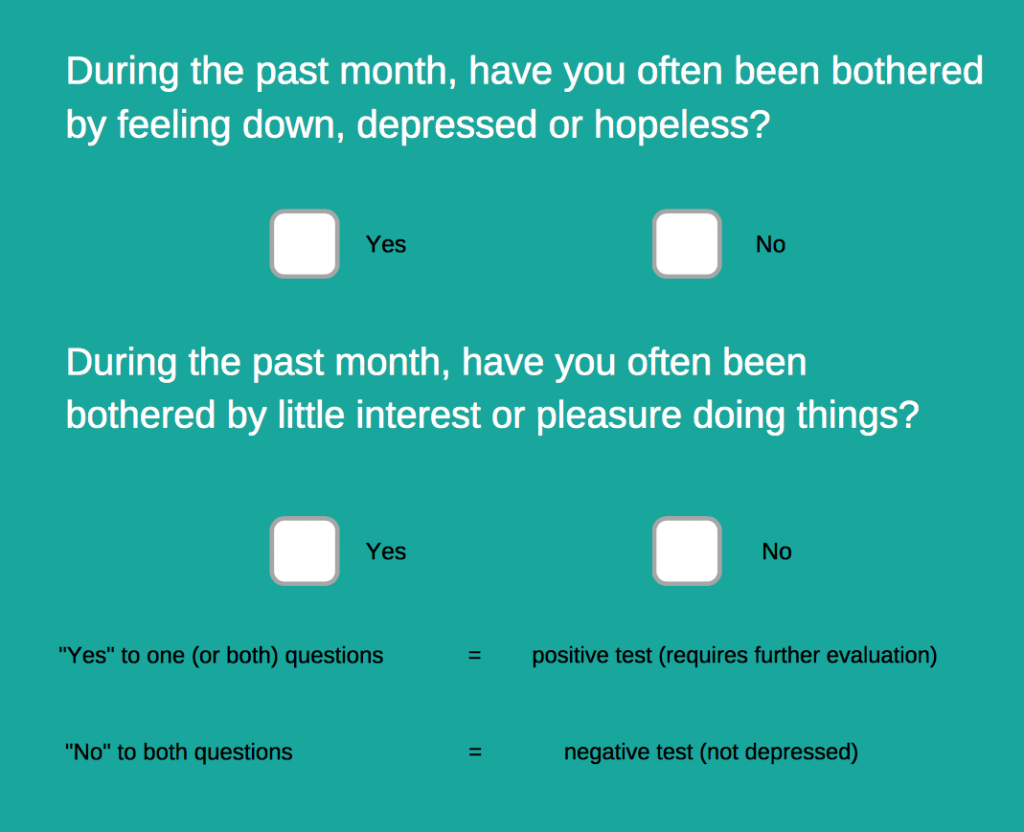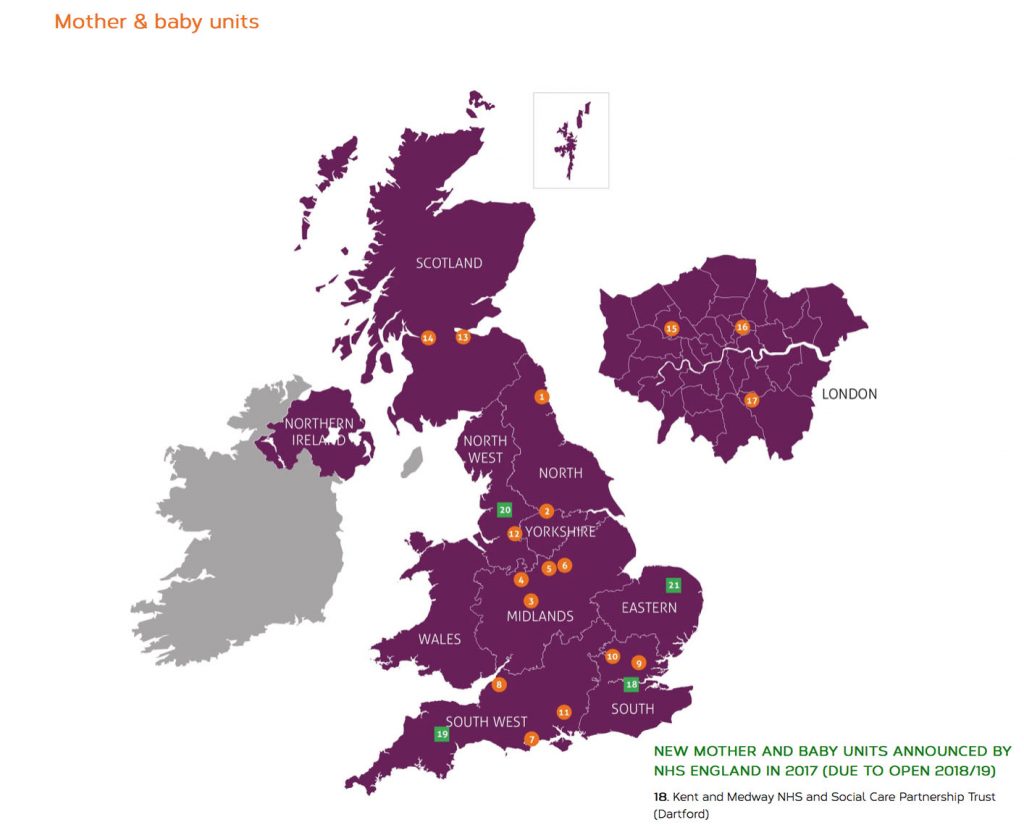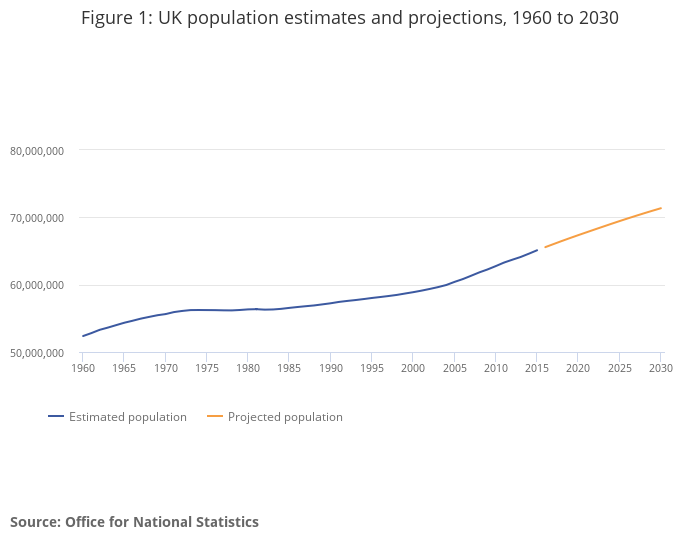Maternal Mental Health training: the lack of it
It’s Maternal Mental Health Awareness Month and we’ve all seen the camaraderie on social media; the instagram posts, the facebook shares and heartfelt tweets.
But, one thing that isn’t being spoken about is the lack of mental health training midwives are being given in Kent.
Until now.

Professional experience:
Student midwife at Canterbury Christ Church University, Maria Watkinson says: “My professional experience of maternal mental health is severely lacking.
“In practice, I see pregnant women suffering with poor mental health in varying degrees of seriousness. Antenatally, support is offered but I have yet to see the process for this – as the ‘screening’ for maternal mental health is two short questions.”

Maria added: “They’re not effective at all and I think some professionals don’t realise the importance of them, or they’re not prepared for any answer except from no.
“Some midwives barely look up from their computer screens when they ask.”
On placement Maria cared for a woman who had a history of childhood sexual abuse, but this vital information wasn’t written in her notes.
The student midwife said: “At the time of her care she suffered PTSD. Had it been highlighted, there would have been an opportunity to discuss the woman’s care with her, without heightening her anxiety and fear.”
Today marks the start of Maternal Mental Health Awareness Week. It's estimated 1 in 10 women develop a mental illness during pregnancy or within the first year of giving birth. Find support: https://t.co/0SQQAkOQSl #maternalmhmatters pic.twitter.com/SaBs6zlHo5
— SANE (@CharitySANE) April 29, 2019
Research:
PTSD is one of many things that ‘Mumologist‘, Dr Emma Svanberg, is concerned with when looking at maternal mental health.
Dr Svanberg, who specialises in psychology during pregnancy, conducted research and looked at 75 stories of women who didn’t realise they had had a traumatic birth experience.
One reason for some of the brith traumas, Svanberg found, was due to ‘influence of individuals including professionals’.
Since this discovery the ‘Mumologist’ has joined forces with Dr Rebecca Moore and campaigned to ‘Make Birth Better‘.
Within the ‘Make Birth Better’ movement is the ‘Every Word Counts’ campaign, where Svanberg and Moore looked at phrases said to women during pregnancy and birth.
On the topic, Svanberg and Moore say: “Language is a crucial part of the necessary communication during labour, birth and beyond. We all have the power to choose our words and tone carefully.”
Time for change:
As of September 17, 2018 the first Mother and Baby Unit in Kent was opened in Dartford.
Prior to that, the nearest centres providing inpatient care for mothers with maternal mental health issues were in London.

Another step to improve maternal mental health care was taken by Kent MP Charlie Elphicke last week.
He called upon the Prime Minister to provide more help for new mums with mental health problems, this was following the passing of Folkestone mother Rebecca Kruza.
As someone who is being trained to look after expectant mothers, Maria thinks there should be more compulsory training for midwives like herself.
Maria said:
“I believe that professionals should have more training on maternal mental health and regular updates if they are going to improve the experiences had by women and improve outcomes.”
With the UK population estimated to grow to over 70,000,000 by 2030, is it about time that the next generation of midwives are trained in spotting and supporting mothers who are struggling?

